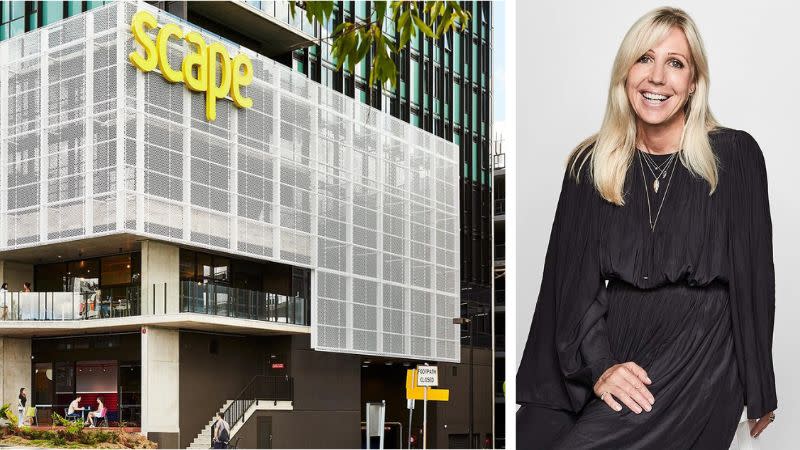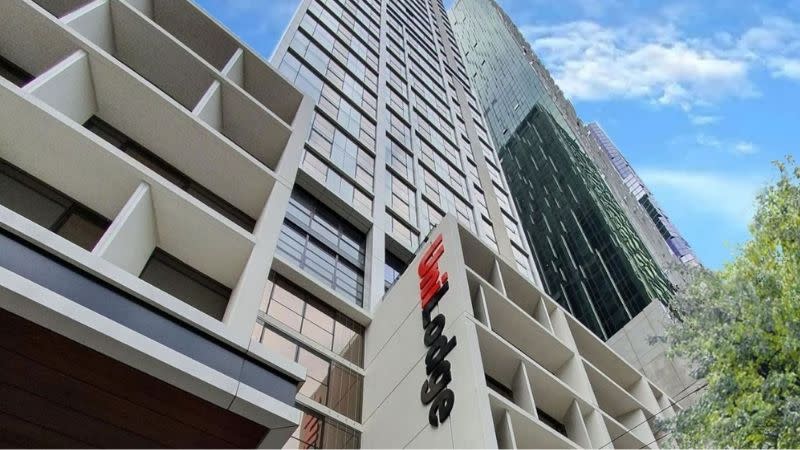Restrictions on Foreign Students ‘Stifling Recovery’

The Purpose-Built Student Accommodation industry is calling on the Australian government to mandate face-to-face learning for foreign students and secure the future of what is the country’s third-biggest export.
The Urban Developer’s PBSA vSummit heard that while the industry was coming back from closed borders, the country’s image as an education destination had been tarnished during two years of the global pandemic.
All PBSA operators who addressed the summit reported a strong return to business, saying they were buoyant about getting to pre-pandemic levels within 12 months.
But they identified a handful of risk factors, including a backlog in visa processing, a shortage of flights out of the critical Chinese market, the uncertain geo-political climate and construction costs, that one speaker said had risen by 30 to 40 per cent.
Scape’s chief executive Anouk Darling told the summit the sector had definitely lost market share to the US, UK and Canada, and she placed the blame squarely in the court of the federal government.
“Our previous Prime Minister at the time of the pandemic publicly saying for students to go home, did not help us as an open country and an open nation,” she said.
“We were tarnished by that.”
Outside the summit, Darling said the main challenge now was that the Tertiary Education Quality and Standards Agency (TEQSA), the country’s governing body on education, had not mandated face-to-face learning.

Students, often with visas, were studying online from their home countries.
“The fact that a governing body is not going to come forward and say face-to-face learning is required then there is no motivation for international students to come back if they can sit online at home and do their degree,” Darling said.
“It is also not fair for all. If kids are doing medicine, they can’t finish their degree online. You can’t cut up a cadaver online. It is the same with dentistry, as with health sciences, so it is not an equal playing field.”
Tomas Johnsson, chief executive of UniLodge—Australia’s biggest operator of student accommodation—told the summit it was no surprise “the Chinese market is the cream that we are just waiting to come back”.
He said the market was “exceptionally strong” but there were competing interests.
“Education across the world is growing by 6 per cent per annum, the vacancy rate in Australia in the real estate market is as tight as it has ever been, and we are getting up to high occupancies, so in terms of the demand drivers over the next few years it is very positive,” Johnsson said.
But he warned on the flip side there was a clear, unstable political landscape.
“More urgently I think the construction side in terms of increasing costs and actual delays in the projects, could put a bit of a break on the industry. So, the whole supply side is really the focus for us. The cost of projects is growing by 30 to 40 per cent. It is still a bit of a challenge.”
The summit heard there was now a big influx of students in Australia for universities’ second semesters. Up to half of them are reportedly from China.

However, Darling said, while visa backlogs are mainly with students from the Indian sub-continent, access to China remained a serious issue.
“Our latest intelligence is that very limited commercial flights are allowed in and out of China,” she said. “Only a few a week, and the only airlines that are operating are the Chinese government airlines.
“There just isn’t the scale to bring the Chinese back on mass if you don’t have the commercial airlines operating.”
Darling estimates Australia lost up to 30 per cent of the international student market with the two-year border closure.
She says Scape lost access to somewhere around $6 million to $7 million a week in revenue from border closures in 2020.
“And remember, this is a category which did not get supported by government.”
Johnsson agreed it had been a challenging time, not only for staff, but also the students.
He told the vSummit: “At the deepest, darkest moment, instead of collecting rents we were handing out food parcels to the people staying in our buildings.”















